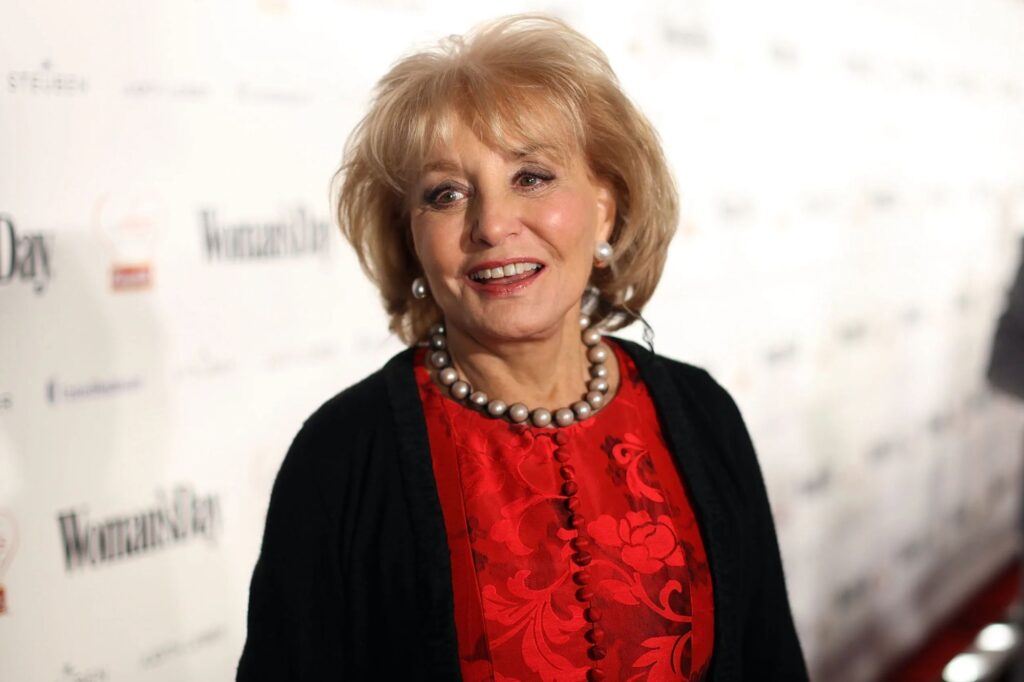By: Fatou Dahaba
The West African Institute for Financial and Economic Management (WAIFEM) kicked off a five-day capacity-building program on Microfinance, Financial Inclusion, and Poverty Reduction at the Paradise Suites Hotel in Senegambia. The regional course, attended by professionals from WAIFEM member states, aims to strengthen technical and institutional capacities for designing, implementing, and evaluating inclusive finance strategies crucial for poverty alleviation across West Africa.
The program targets upskilling participants in crafting inclusive financial products, analyzing institutional and socio-economic contexts of microfinance, and fostering peer-to-peer learning on best practices. Key focus areas include the evolution and principles of microfinance, strategic planning for microfinance institutions (MFIs), regulatory frameworks, national financial inclusion strategies, consumer protection, financial literacy, and diverse product offerings such as credit, savings, insurance, and remittances.
Buah Saidy, Governor of the Central Bank of The Gambia and Chairman of WAIFEM’s Board of Governors, emphasized the need for the microfinance sector to evolve beyond traditional credit-only models. “To sustain growth and impact, microfinance institutions must diversify products, leverage digital financial services, and embrace fintech innovations to meet the needs of underserved populations,” Saidy stated. He underscored the importance of strong governance, financial sustainability, and customer-centric approaches, urging MFIs to invest in scalable models and digital infrastructure to enhance outreach, efficiency, and risk management.
Saidy also called on governments and regulators to foster enabling environments through robust legal frameworks, capacity-building initiatives, and infrastructure investments. He highlighted persistent challenges in the sector, including weak institutional planning, governance, and risk management; limited access to long-term financing; inadequate product innovation; high operational costs in rural areas; weak regulatory oversight; and a shortage of skilled human capital in microfinance management and technology deployment. Addressing these, he said, demands a coordinated approach involving governments, regulators, financial institutions, development partners, and technology providers.
Dr. Baba Y. Musa, WAIFEM’s Director General, echoed Saidy’s sentiments, noting that the course addresses the urgent need to scale up institutional capacity in microfinance and financial inclusion. “We aim to tackle both supply- and demand-side constraints, from weak institutional models and underdeveloped financial infrastructure to low financial literacy and socio-cultural barriers,” Musa explained. The course’s thematic design ensures that participants gain foundational knowledge and exposure to cutting-edge developments in the field.
Musa urged participants to engage actively, emphasizing their dual role as learners and agents of change. “You have been nominated based on your strategic roles in advancing financial inclusion and managing microfinance operations. Your participation is vital to shaping the future of inclusive finance in West Africa,” he said. He reaffirmed WAIFEM’s commitment to its mandate, established by the central banks of The Gambia, Ghana, Liberia, Nigeria, and Sierra Leone, to build capacity for macroeconomic management, financial sector development, and public debt sustainability in the region.
The training, hosted in Banjul, reflects WAIFEM’s responsiveness to the evolving challenges and opportunities shaping West Africa’s development trajectory. Participants, drawn from various financial institutions across member states, are expected to return to their roles equipped with practical tools and strategies to drive financial inclusion and poverty reduction. The course also facilitates collaboration and knowledge-sharing, fostering innovative solutions tailored to the region’s unique socio-economic landscape.
As The Gambia and its neighbors grapple with financial exclusion, particularly in underserved rural areas, initiatives like WAIFEM’s training are critical to building resilient, inclusive monetary systems. The program underscores the transformative potential of microfinance when coupled with innovation, strong governance, and stakeholder collaboration, offering hope for a more equitable economic future in West Africa.
The post WAIFEM Launches Regional Training on Microfinance and Financial Inclusion in Banjul appeared first on The Alkamba Times.







